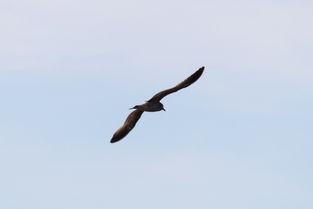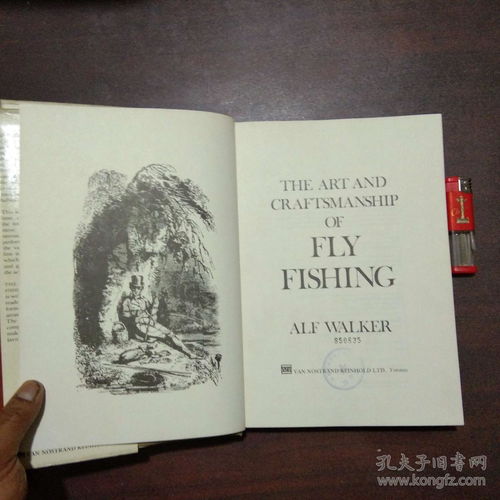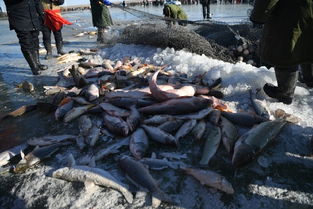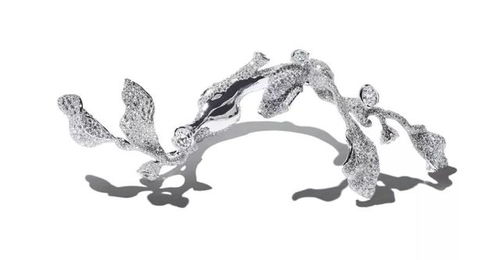The Art of Beach Fishing: Simple Techniques for Beginners
Nestled along the golden shores of the world's most breathtaking coastlines, beach fishing has long been a cherished pastime for both seasoned anglers and novices alike. The allure of the sea, the rhythmic sound of waves crashing against the shore, and the thrill of catching your first fish make beach fishing an unforgettable experience. For those new to the sport, the prospect of casting a line into the vast ocean can seem daunting. However, with a few simple techniques, even beginners can enjoy the satisfaction of reeling in a catch. In this article, we'll explore the art of beach fishing and provide you with essential tips to get started.
Choosing the Right Equipment
Before you venture out to the beach, it's crucial to equip yourself with the right tools. Here's a list of essential items you'll need:
Rod and Reel: A lightweight spinning rod and reel combination is ideal for beach fishing. Ensure the rod is long enough to cast effectively and the reel is capable of handling the type of fish you're targeting.
Line: Use a monofilament line that is strong and flexible. The line's thickness should match the size of the fish you're aiming to catch. For beginners, a line thickness between 6 to 12 pounds is usually sufficient.
Hooks: Choose the right size and type of hooks based on the bait you plan to use and the fish you're targeting. For most beach fishing scenarios, a size 4 to 8 hook should suffice.
Bait: Live bait, such as small fish, crabs, or shrimp, can be highly effective. Alternatively, artificial lures like jigs, spoons, or rubber worms can also be used.
Tackle Box: Keep a tackle box with essential tools like pliers, scissors, and a knife for cutting line and removing hooks.
Finding the Perfect Spot
The location you choose can significantly impact your fishing success. Here are some tips for finding the best spot:
Tide Times: Check the local tide charts to identify the best times for fishing. High tide is often the most productive, as fish tend to be more active during this period.
Structure: Look for natural structures like rocks, jetties, or piers, as these areas can attract fish looking for food or shelter.
Currents: Pay attention to the currents. Fish often congregate in areas where the current is strong, as it brings in an abundance of food.
Shoreline Features: Observe the shoreline for signs of fish activity, such as bird activity, splashes, or fish jumping out of the water.
Casting Techniques
Once you've chosen your spot, it's time to cast your line. Here are some simple casting techniques to help you get started:
Backcast: Hold the rod with both hands and sweep it back over your head. This creates tension in the line, preparing it for the forward cast.
Forward Cast: Bring the rod forward with a smooth, continuous motion, allowing the line to unroll from the reel. Aim for a gentle arc that lands the bait in the water with minimal splash.
Driftcasting: If you're fishing in an area with strong currents, use a driftcasting technique. Hold the rod at a 45-degree angle and allow the current to carry your bait naturally.
Baiting and Luring

Once your bait is in the water, it's time to attract fish. Here are some tips for successful baiting and luring:
Natural Bait: If using live bait, ensure it's fresh and lively. For artificial lures, experiment with different retrieves and actions to mimic the movement of real prey.
Presentation: Pay attention to how you present your bait. A natural-looking presentation is often more effective than an overly exaggerated one.
Patience: Fish may take some time to bite, so be patient. Keep your rod tip slightly bent and be ready to set the hook when you feel a tug.
Safety First
Always prioritize safety when beach fishing. Here are some important safety tips:
Sun Protection: Apply sunscreen, wear a hat, and seek shade to protect yourself from the sun's harmful rays.
Stay Hydrated: Drink plenty of water to stay hydrated, especially in hot weather.
Know Your Limits: Be aware of your physical limits and take breaks as needed.
Emergency Preparedness: Carry a first aid kit, a whistle, and a fully charged phone in case of an emergency.
In conclusion, beach fishing can be a rewarding and enjoyable experience for beginners with the right techniques and mindset. By choosing the right equipment, finding the perfect spot, mastering casting techniques, and prioritizing safety, you'll be well on your way to becoming a beach fishing enthusiast. So, grab your rod, head to the shore, and let the adventure begin!












